For Green Energy Transition and Energy Optimization
The energy transition has become unstoppable in realizing environmental sustainability, driven not only from policy guidance, but also from ESG sustainability factors and RE100 initiatives. An ESS consists of Power Conditioning System (PCS), Battery Energy Storage System (BESS), Control System and Energy Management System (EMS). These sub-systems work together to regulate and optimize energy consumption, stabilize grids, and therefore improve energy efficiency.
An ESS plays different roles for power generation sides and consumption sides. For power plants and distribution grid, it’s a regulating device assisting grid operations, dispatching power between generator, renewable energy, transmission, and distribution networks, thus mitigating pressure caused by imbalances between supply and load on the grid.
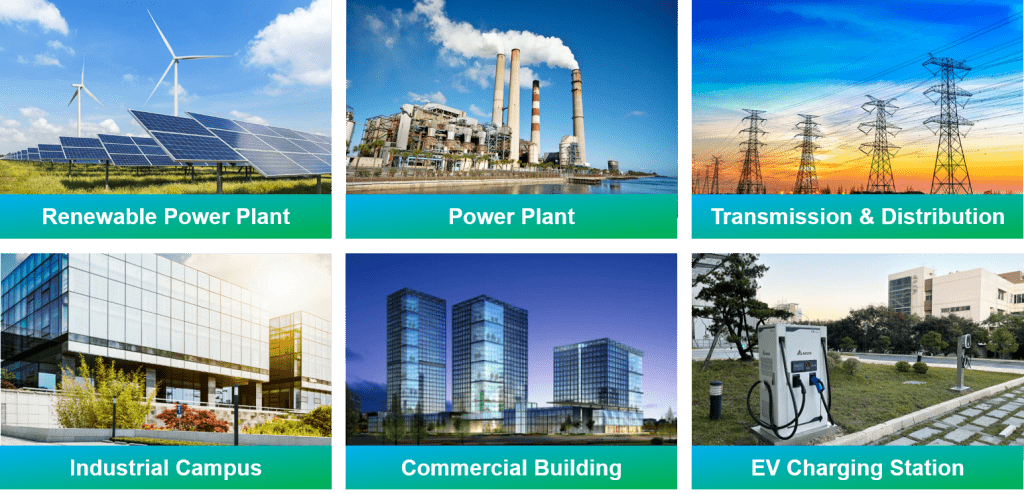
For industrial users, an ESS ensures they meet government policies and industry trends, such as RE100, low carbon manufacturing, and provides multiple functions, such as grid ancillary services, peak shaving, pv self-consumption, emergency backup power, and EV charging peak load support, while benefitting from the optimizing energy efficiency.
Delta’s One Stop Shop Solution
With power electronics and battery technology at its core, Delta has software and hardware R&D, manufacturing, quality control, system integration, and verification capabilities to provide one-stop energy storage solutions, including simulation tools at the initial planning stage, power conditioning systems (PCS), battery energy storage systems (BESS), control systems, and energy management software (EMS).
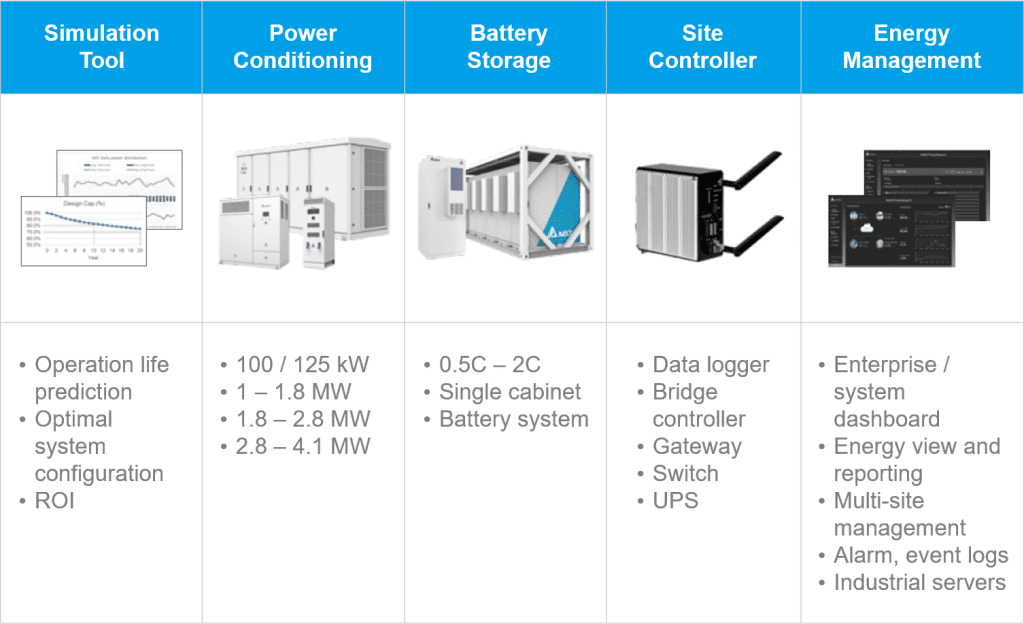
Master in ESS Core Technologies
- Invest 8-9% of annual revenue in R&D expenses
- Own battery testing laboratory
- Pre-integration testing before delivery to site
- Maintenance and system life cycle operation
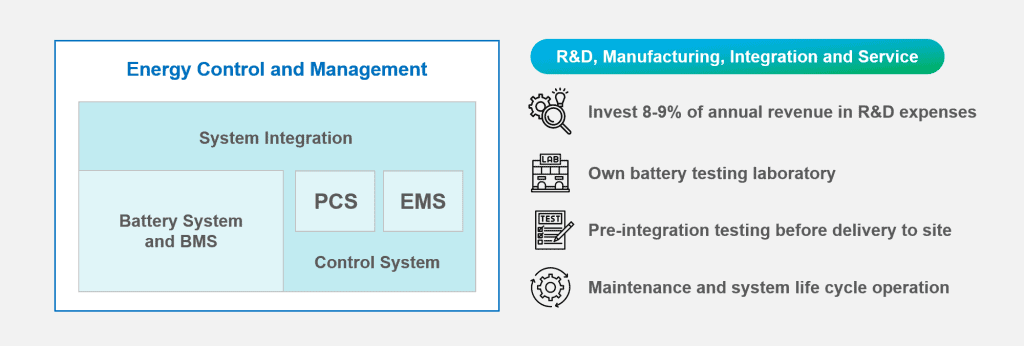
Success Case
Utility and Grid Support


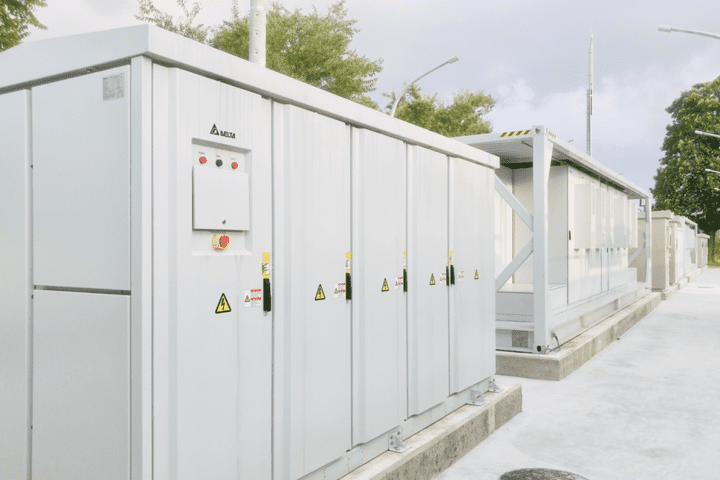
Solar Power Plant

Power Plant

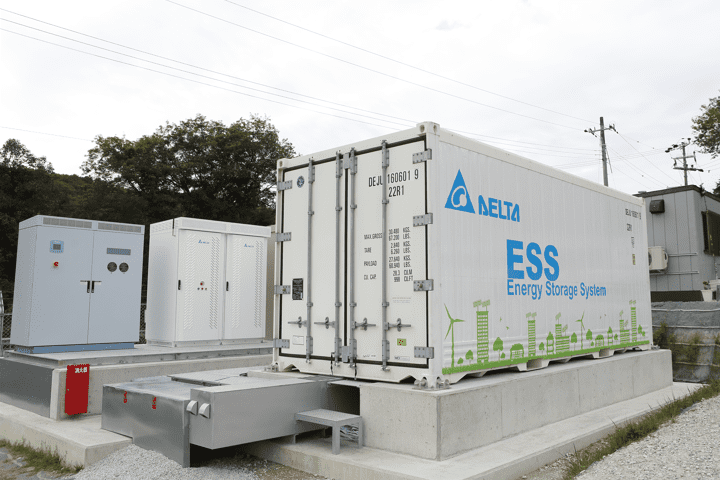
Commercial and Industrial
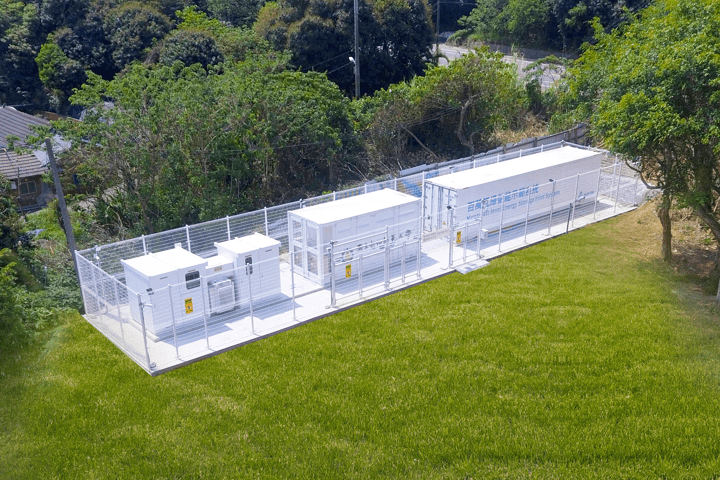
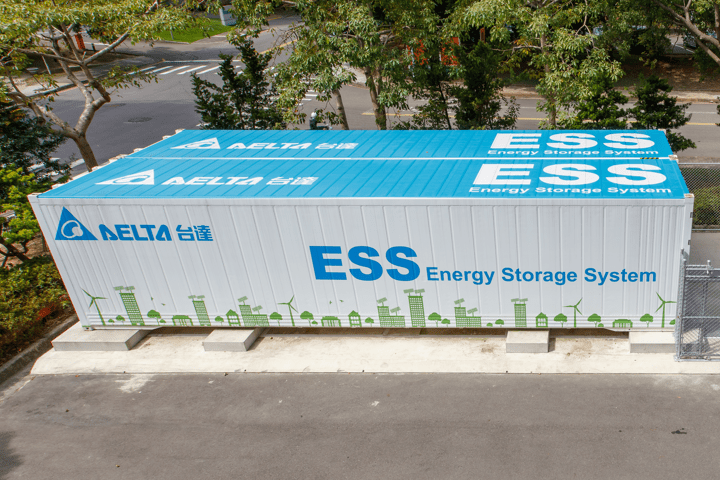

Micro-grid and EV Charging Station
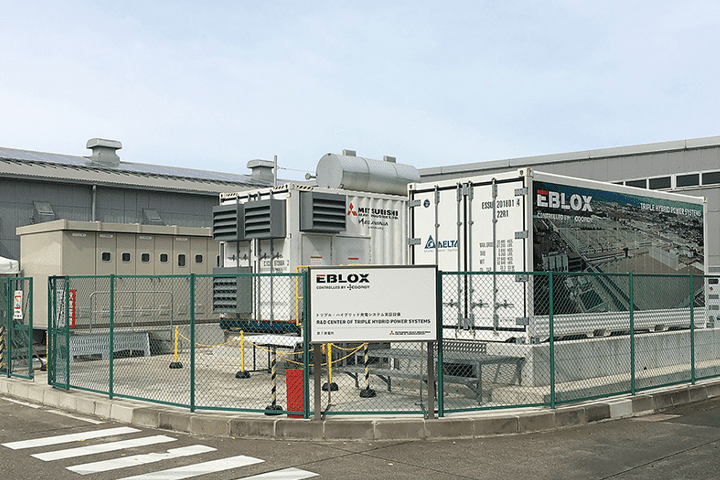

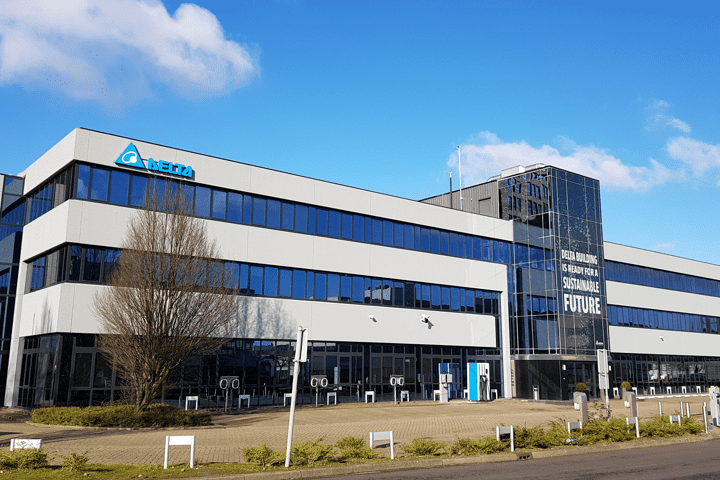

Community


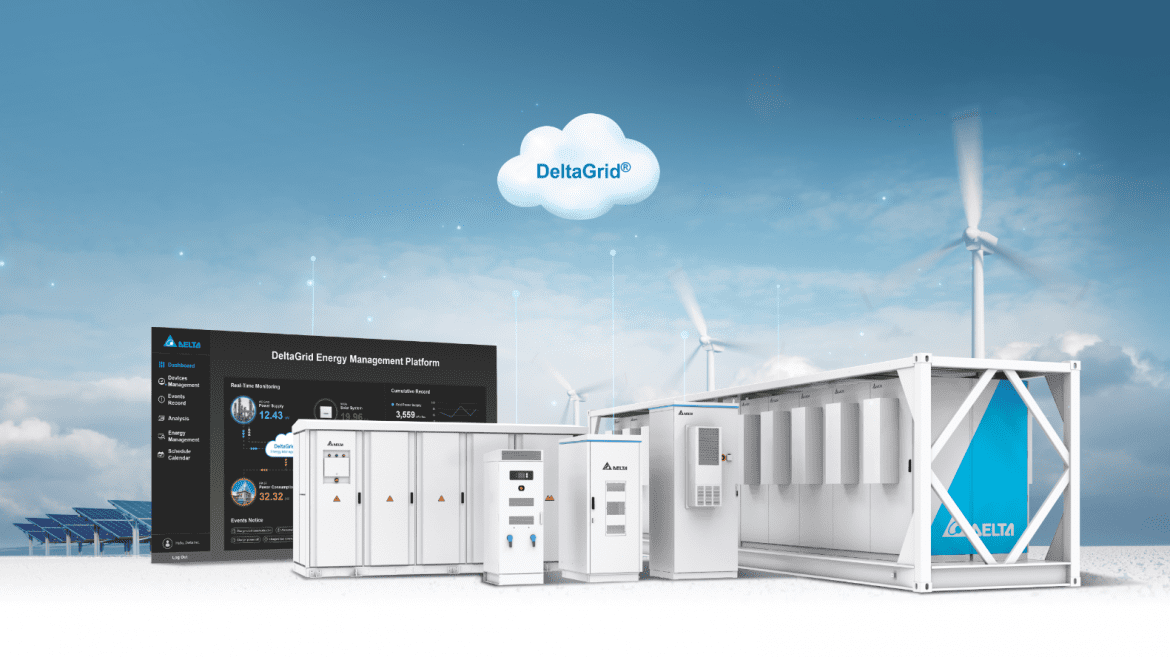
4 comments
Kindly send me newsletters and periodicals. I’m planning to invest in your company as a shareholder. Thank you!
Honored,
Through this email, I wish to formally request a price quotation for a selection of an item (5000 Watts) from your esteemed company. I am the procurement manager for Eastman Chemical Company. And we are working on a new project that would benefit from using your product(Solar Panel).
We wish to buy in bulk, so please add any bulk offers you provide as well as FOB prices.
In case you require any further information, or due to company policy we need to fill out a quotation form, do not hesitate to contact me.
I look forward to hearing from you and possibly doing business in the future.
Dear Sales,My name is Tony Lexander Director, Corporate Procurement Southern California Edison Company.
I am writing to request the availability of the products as listed below for your perusal,
Solar Battery
Electrical Gloves
Electrical Tape
Solar Panel
Upon price approval a Purchase Order will be issued.
Looking forward to your warm response with a formal quotation the soonest possible.
Should you need further details please do not hesitate to contact me at: (tony.lexander@scce-e.com)
Hello, sir/madam
We are EQUIPMENT & PLANT SERVICES LTD. No.1 Ltd is an active company
incorporated on 20 May 2003 with the registered office located in
Omagh, County Tyrone. Equipment & Plant Services No.1 Ltd has been
running for 19 years.
EQUIPMENT & PLANT SERVICES LTD We want to purchase these products
below from your company.
Solar Panels ______________3000 pcs
410 watts
550 watts
Battery________________3000pcs
12v 100Ah
12 200Ah
I will be please to receive your reply by quoting for us prices of the
above CIF Transportation to CIF Jebel Ali Port Dubai
Since we are basically interested in purchasing a huge volumes of
those items. your company by adding us to some of your products on
your supply line under the payment of O/A,60 days After Bill of lading.
If is okay with you please send us an email and let us know the
procedures so that we go ahead with the business.
Regards
Trevor Keys
EQUIPMENT & PLANT SERVICES LTD
Address 72-74 Omagh Road,
Dromore, County Tyrone BT78 3AJ
United Kingdom,
What’s-App +447404240377